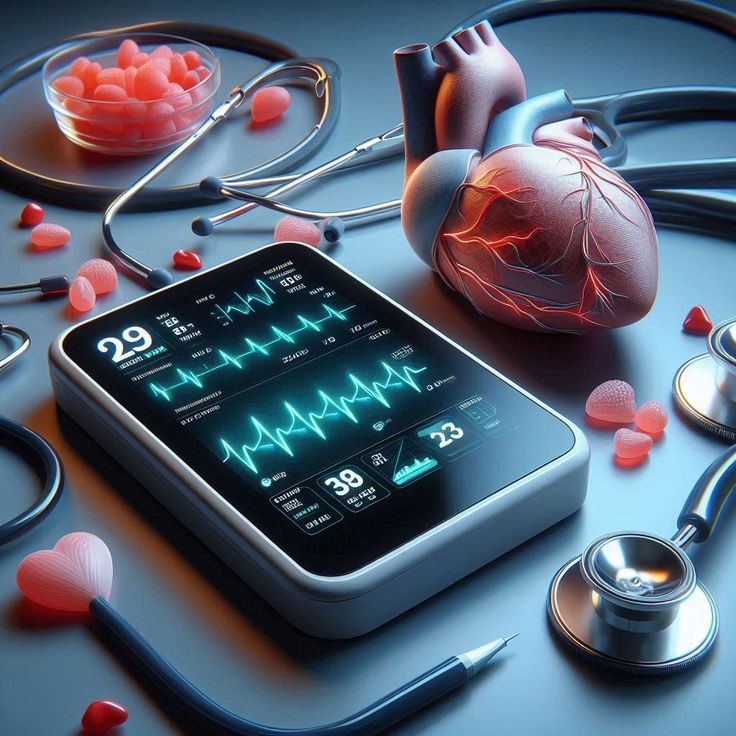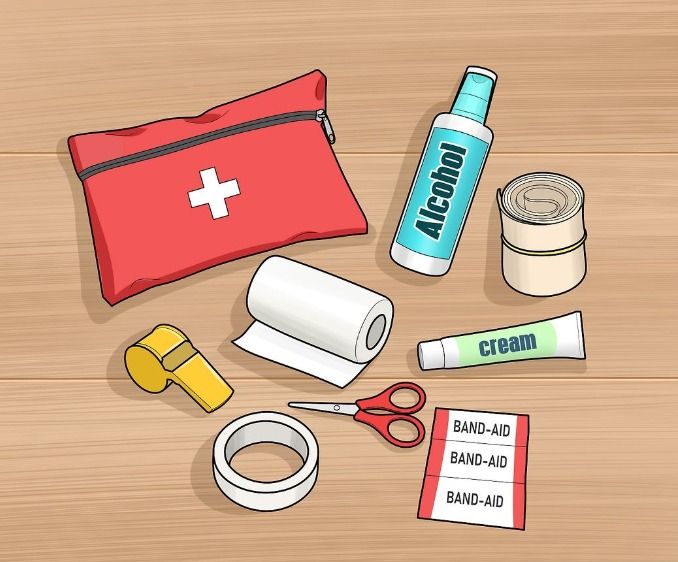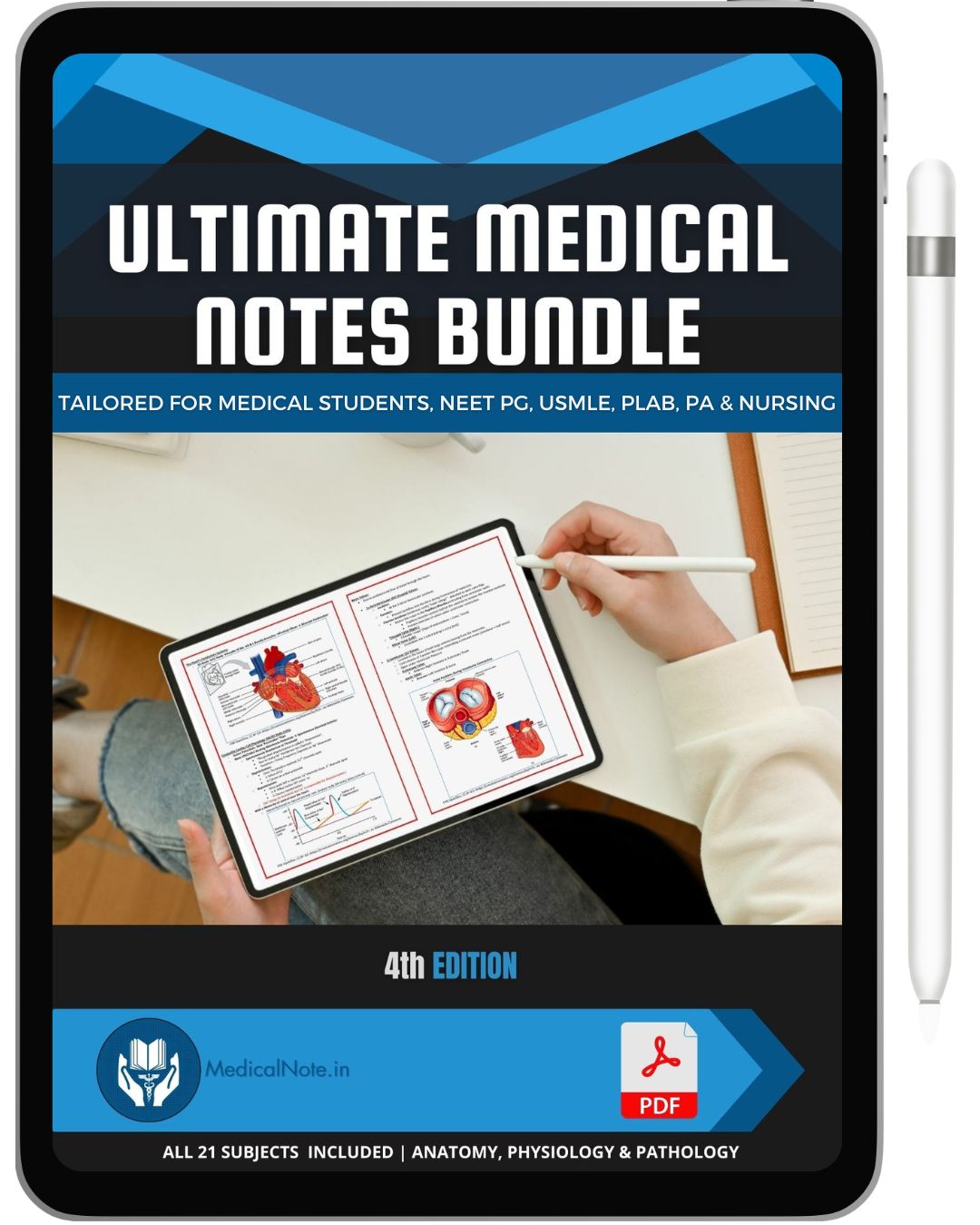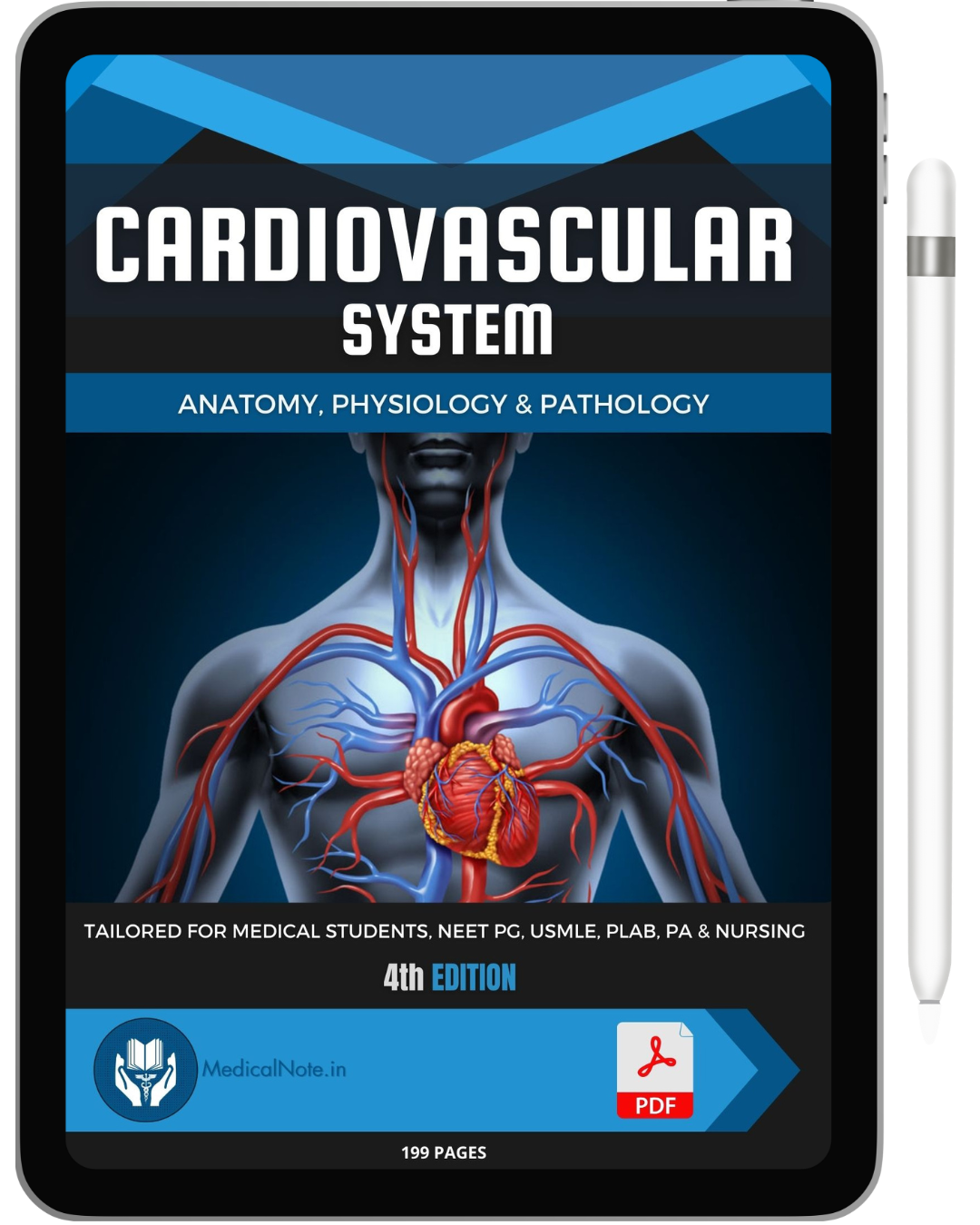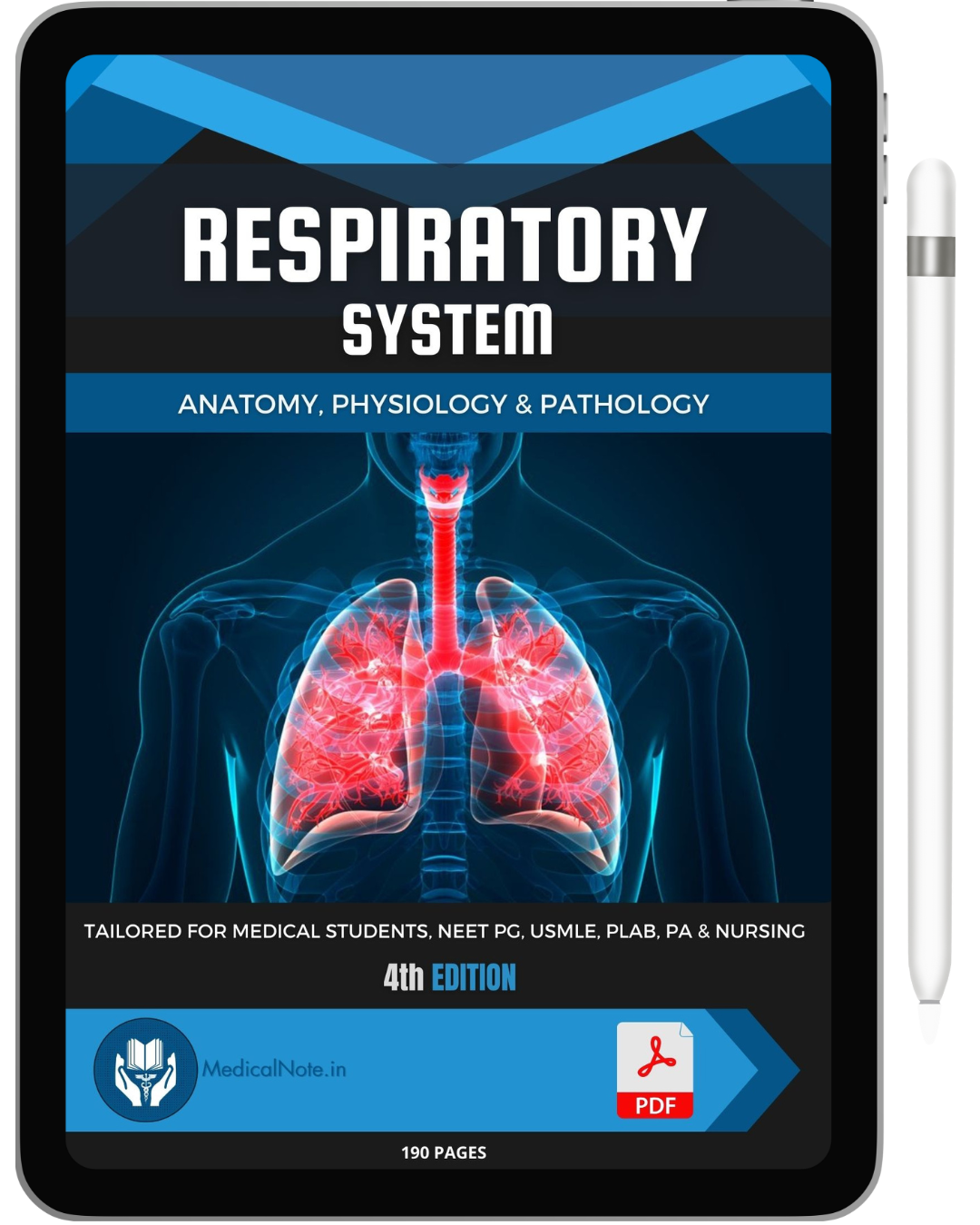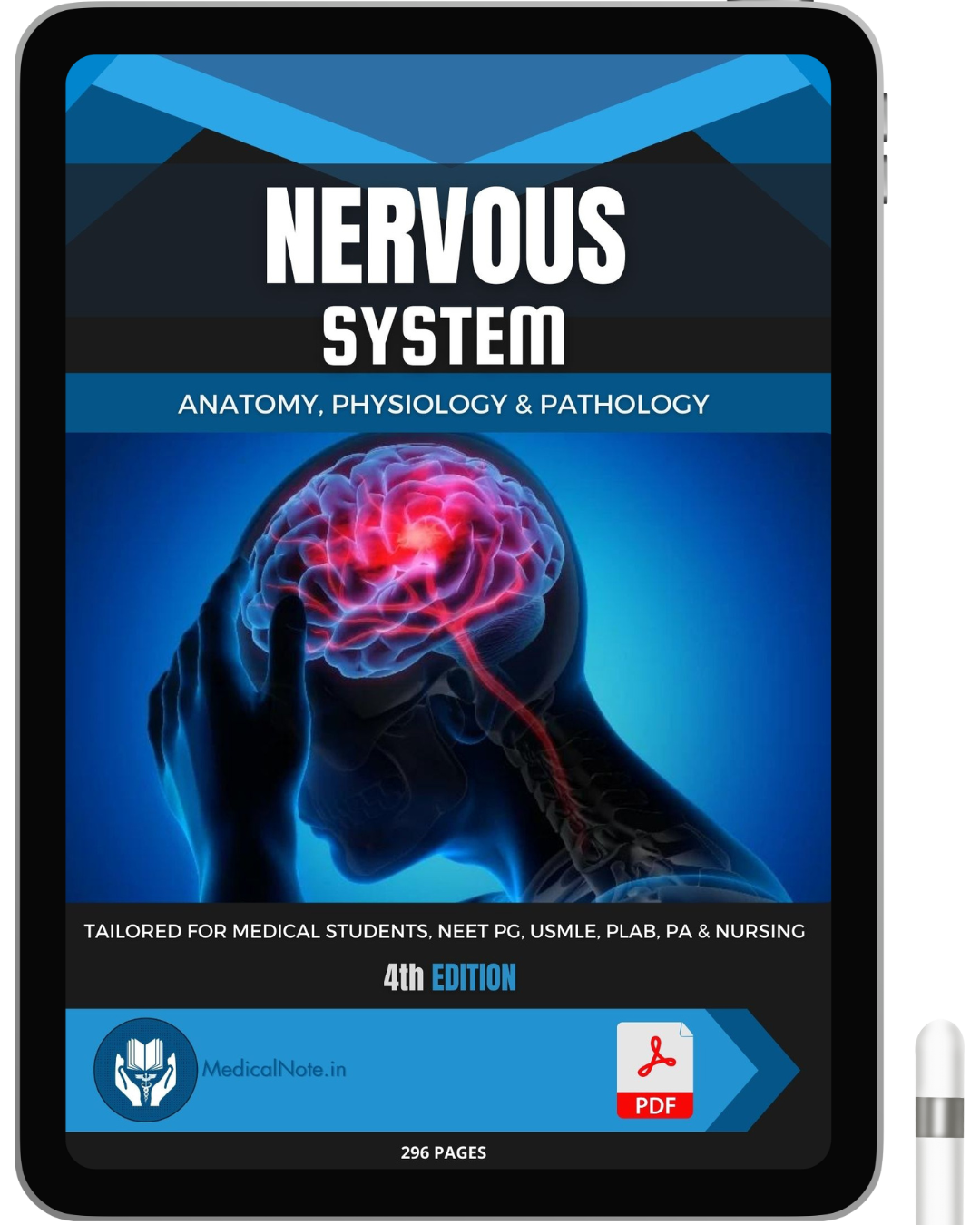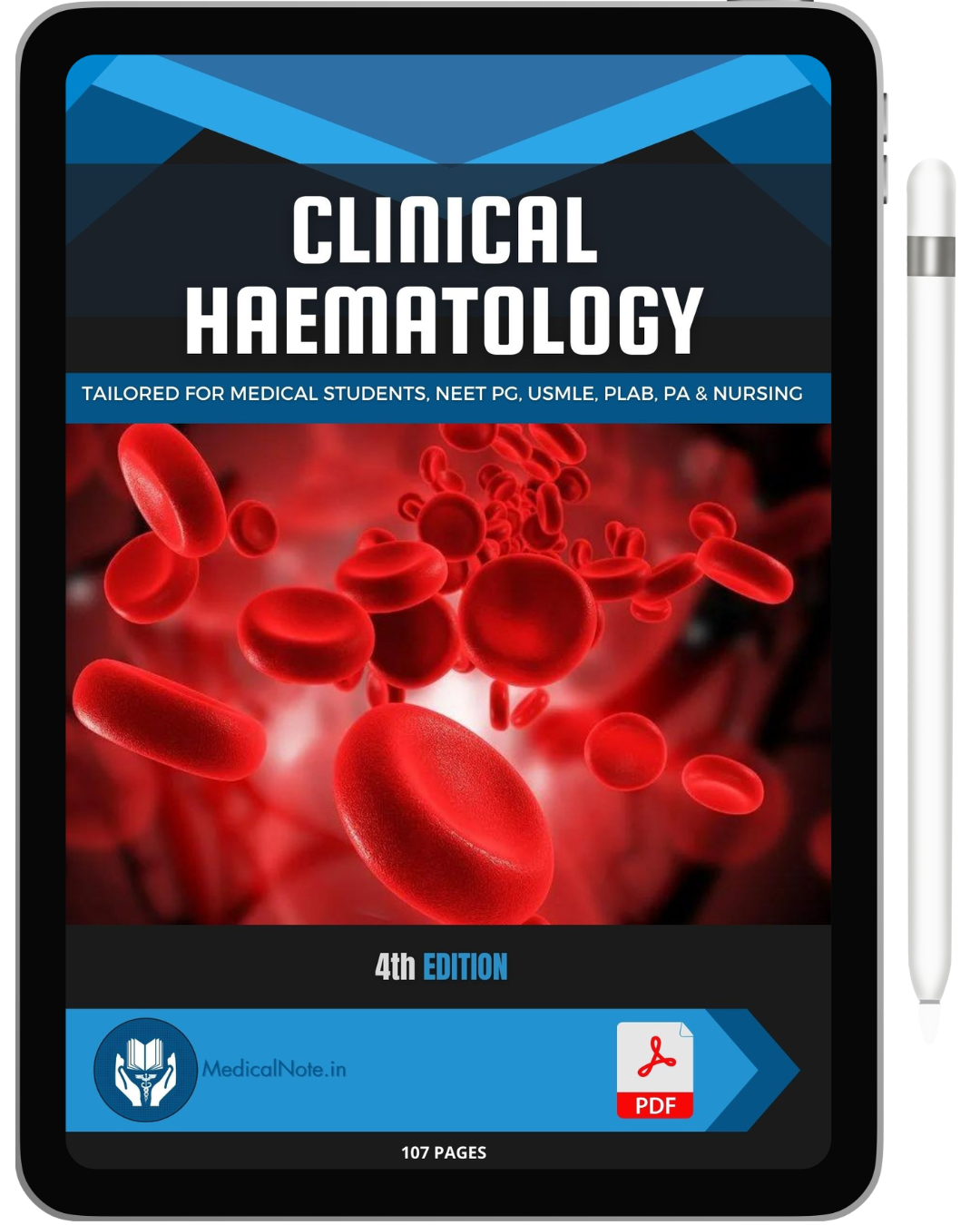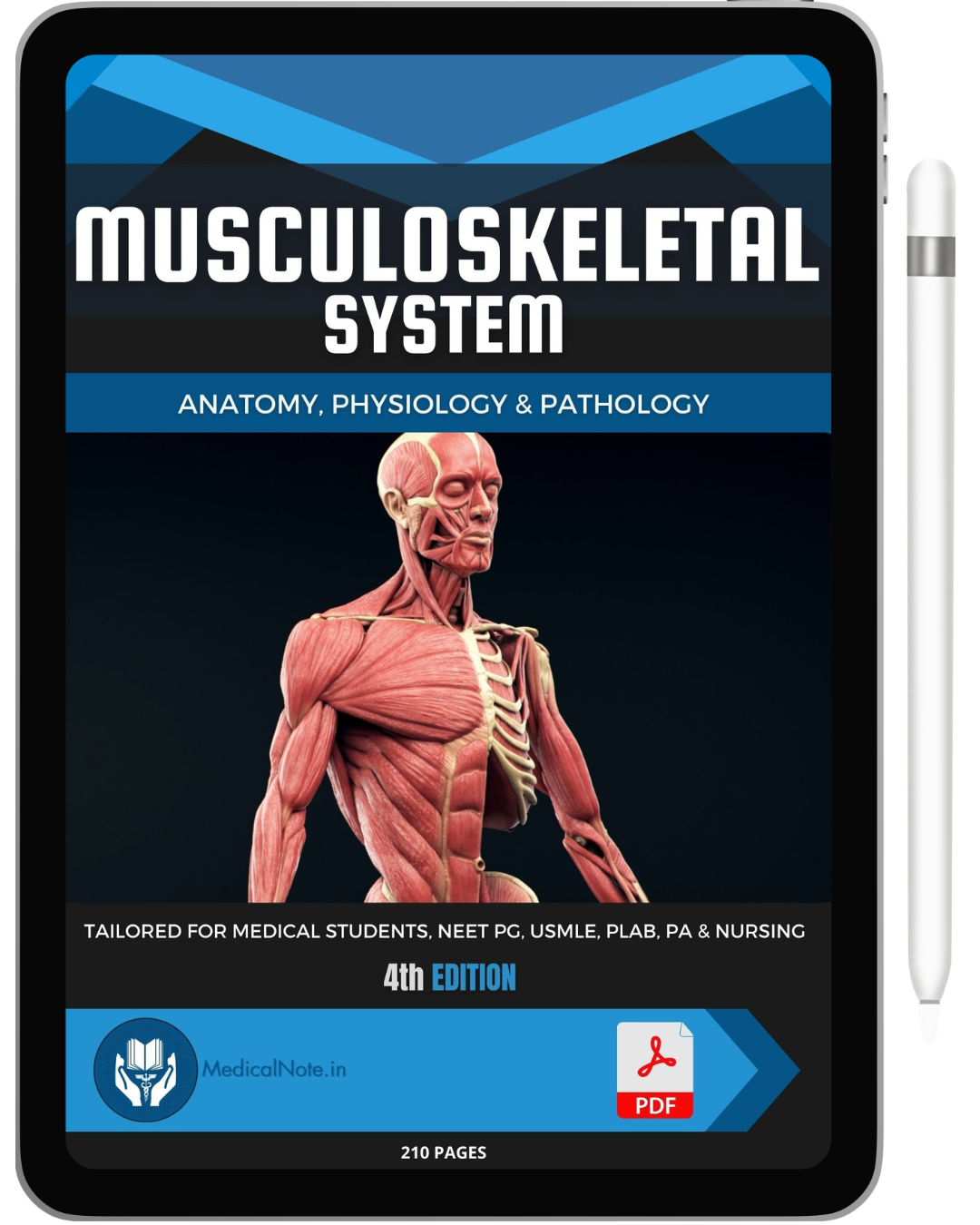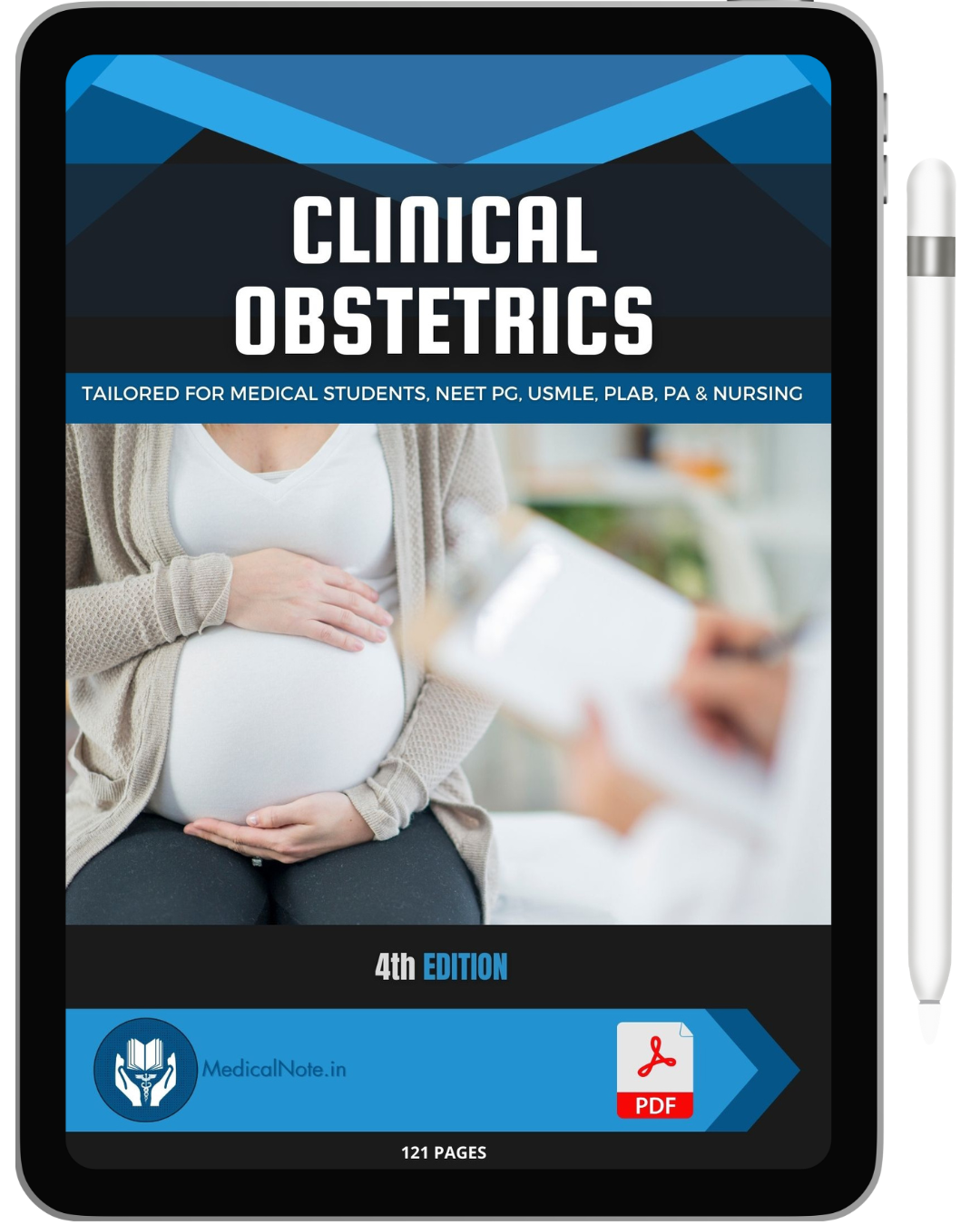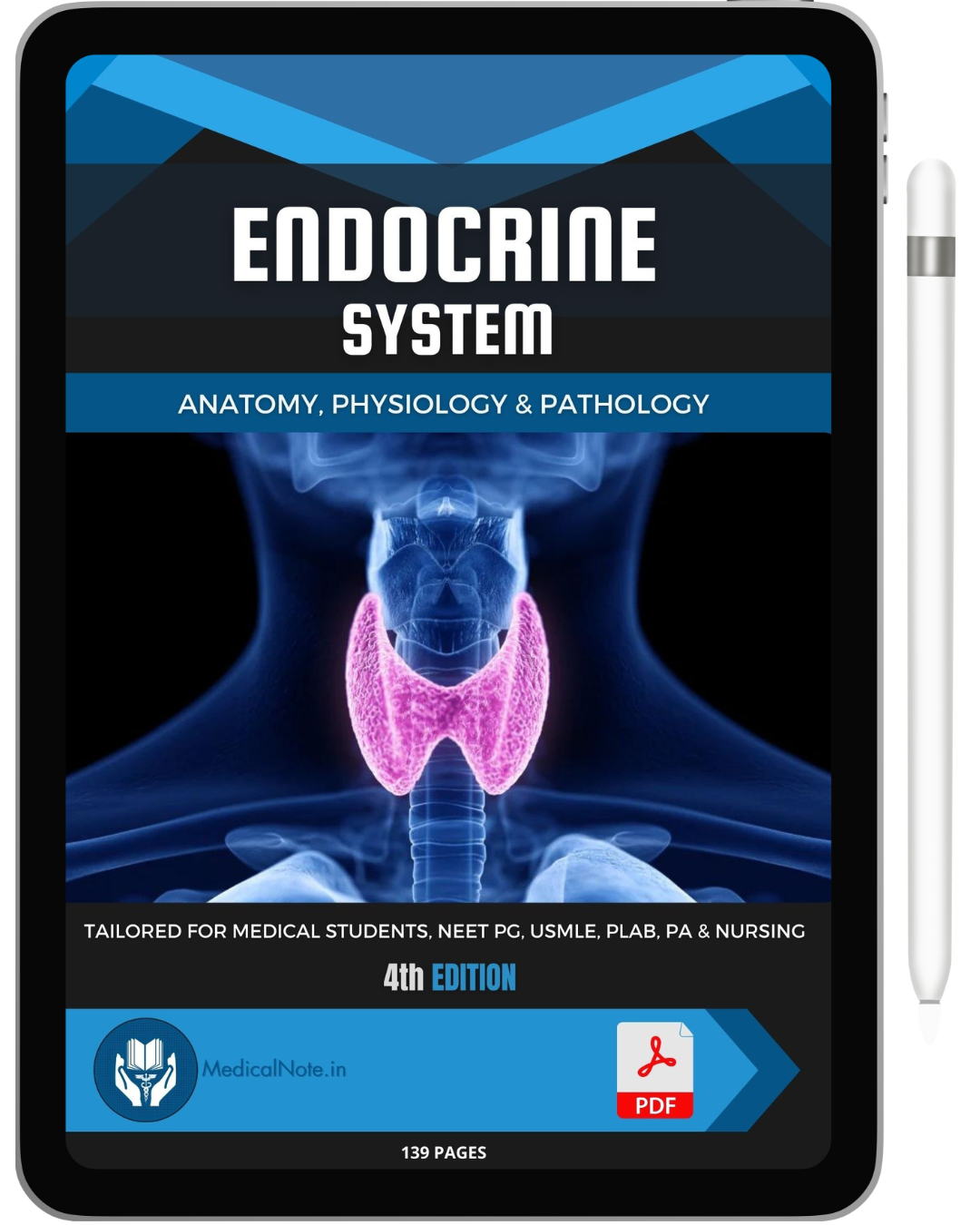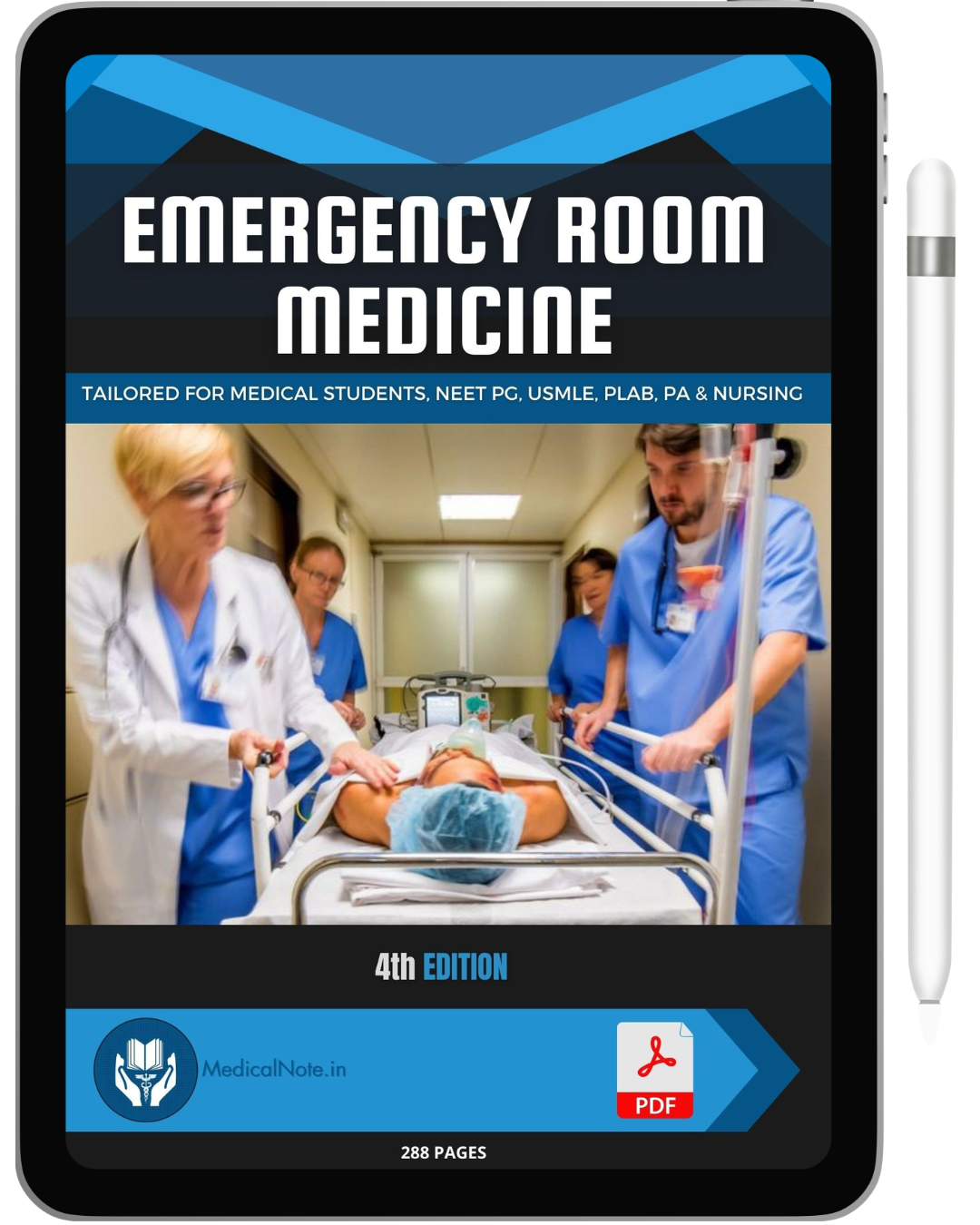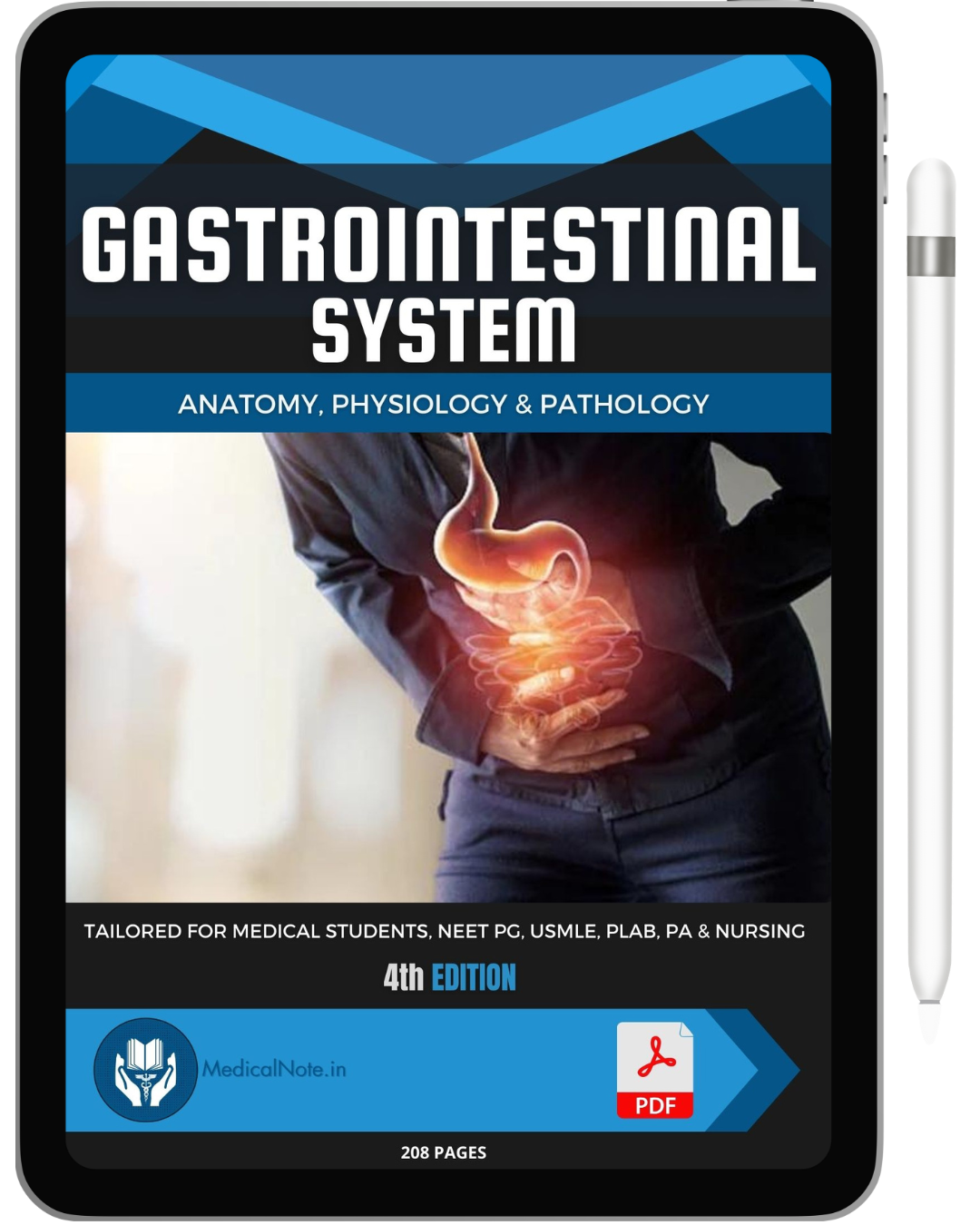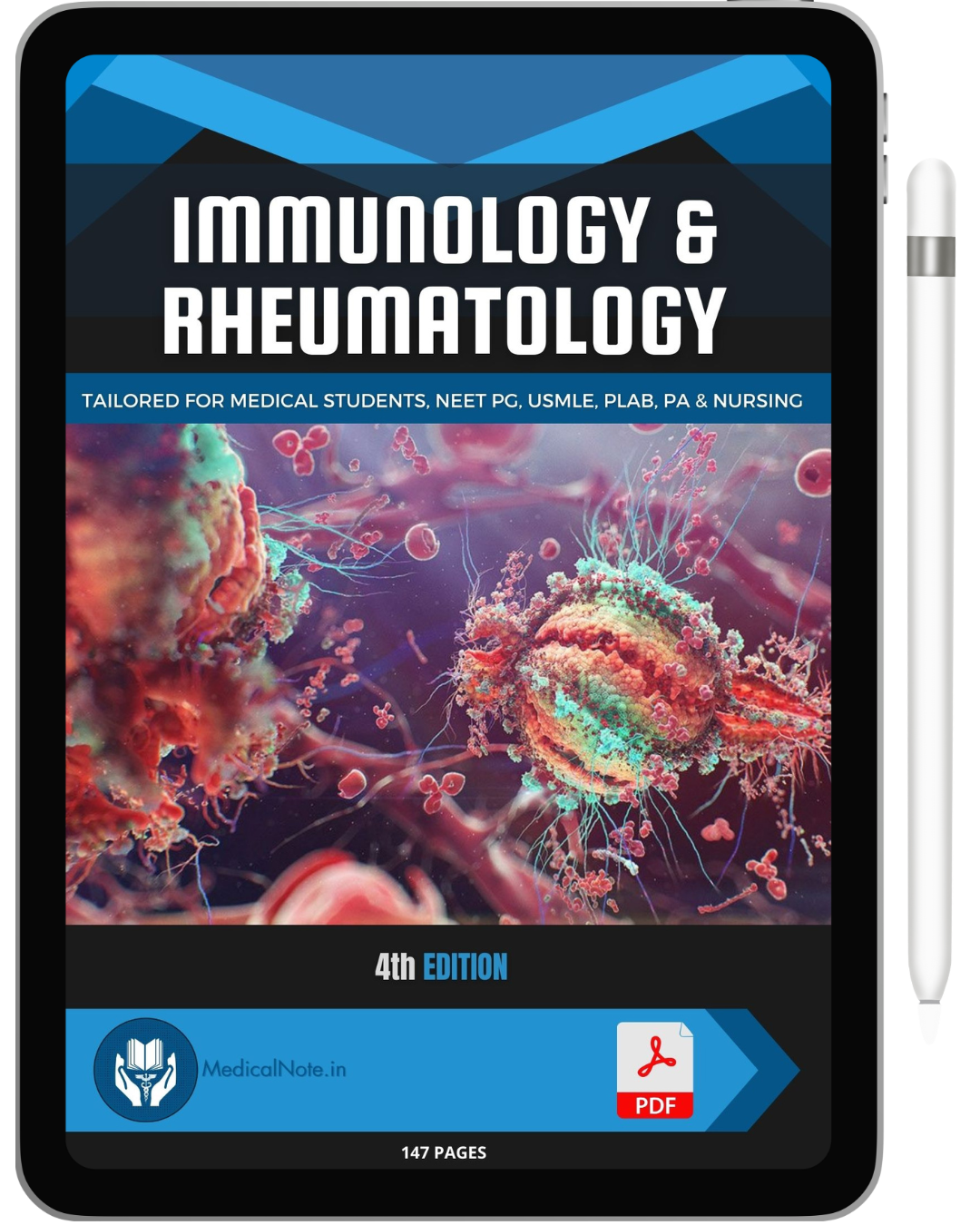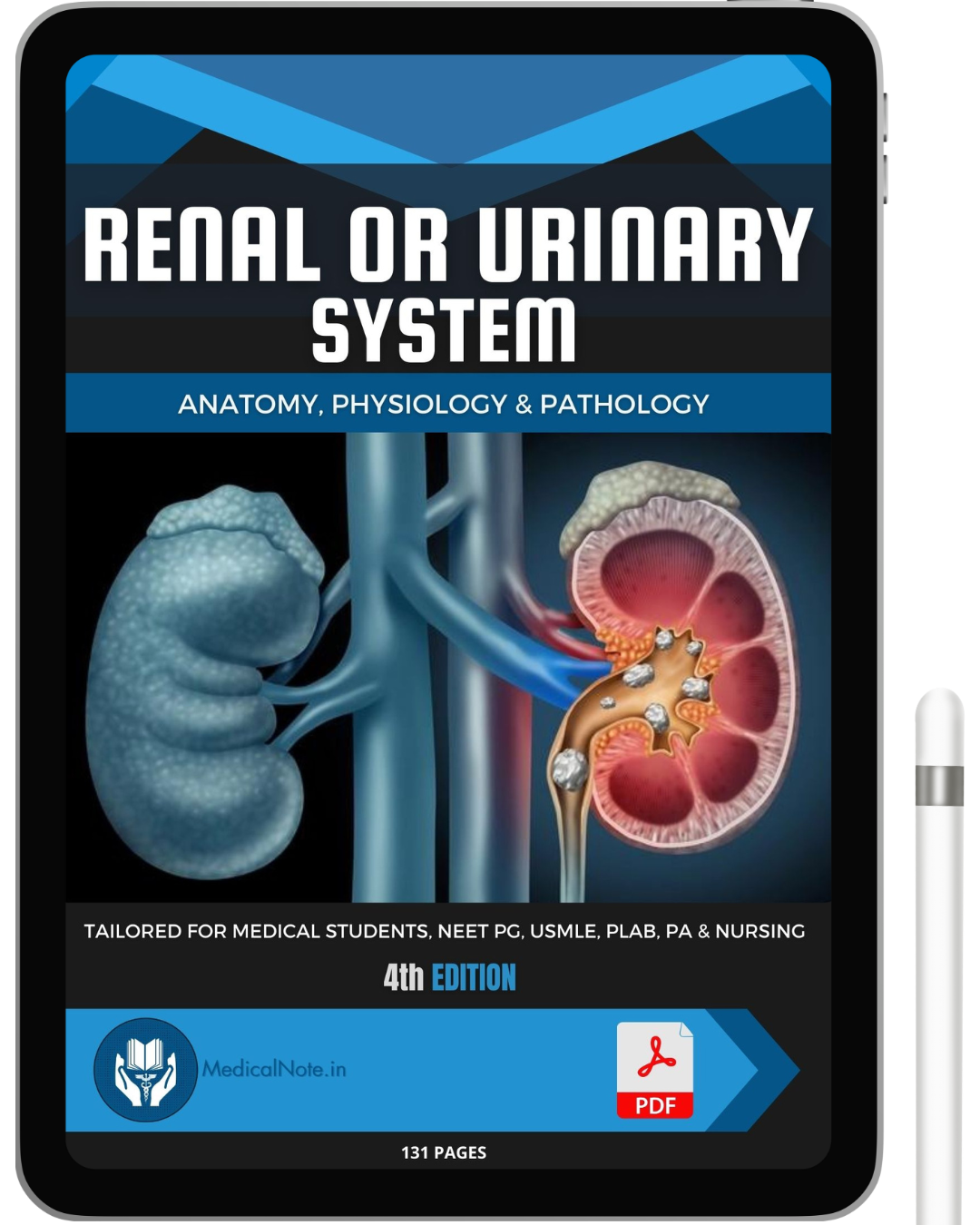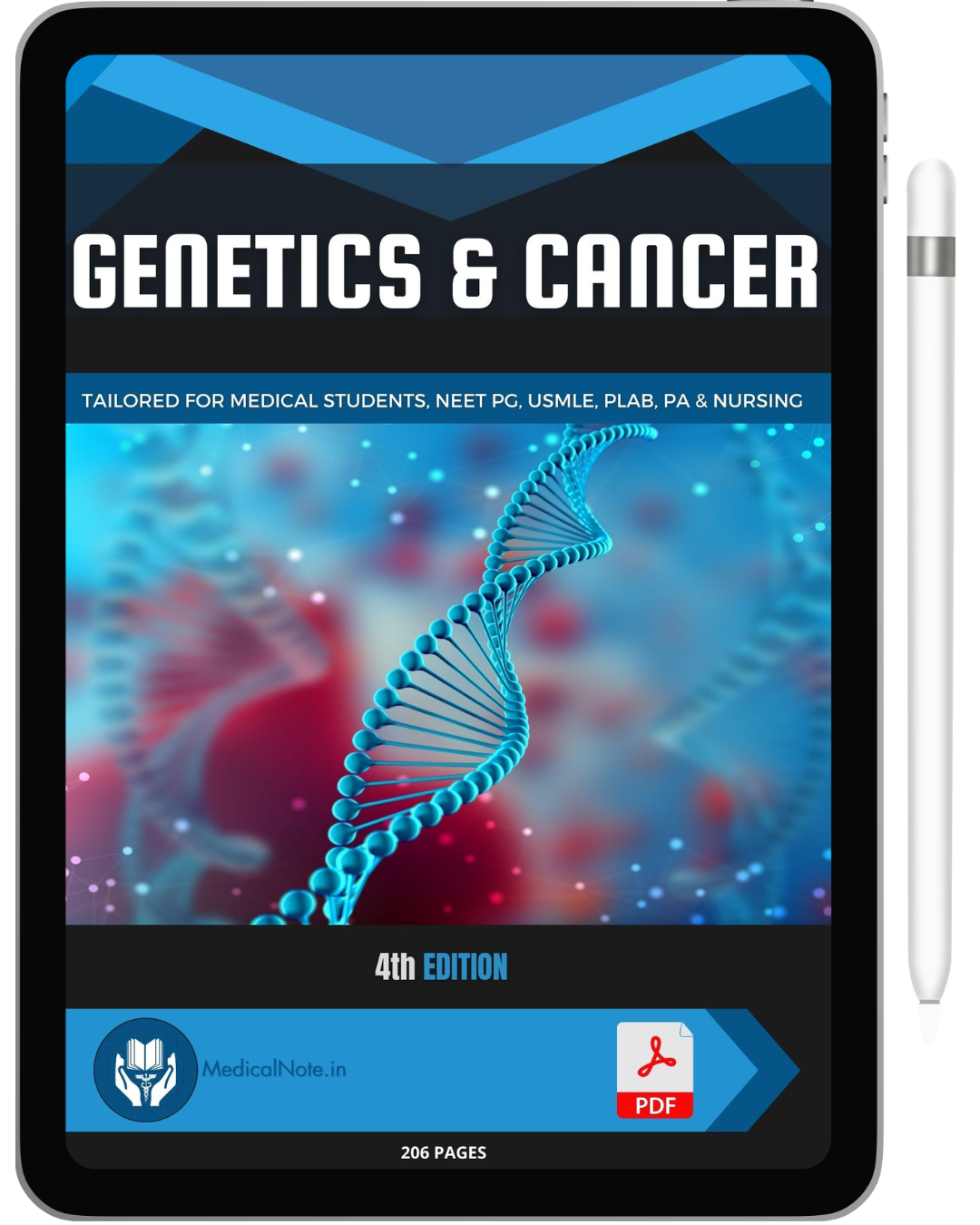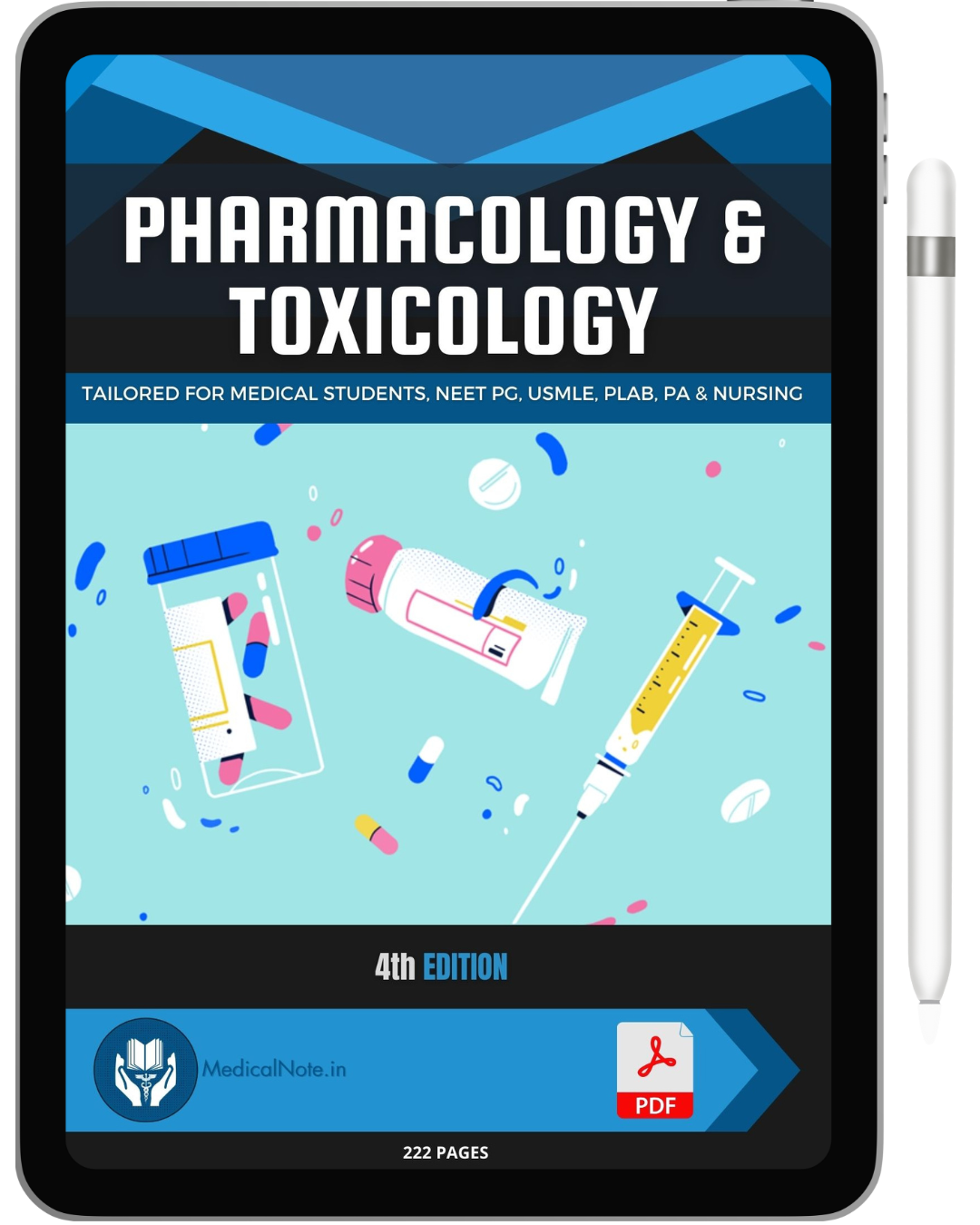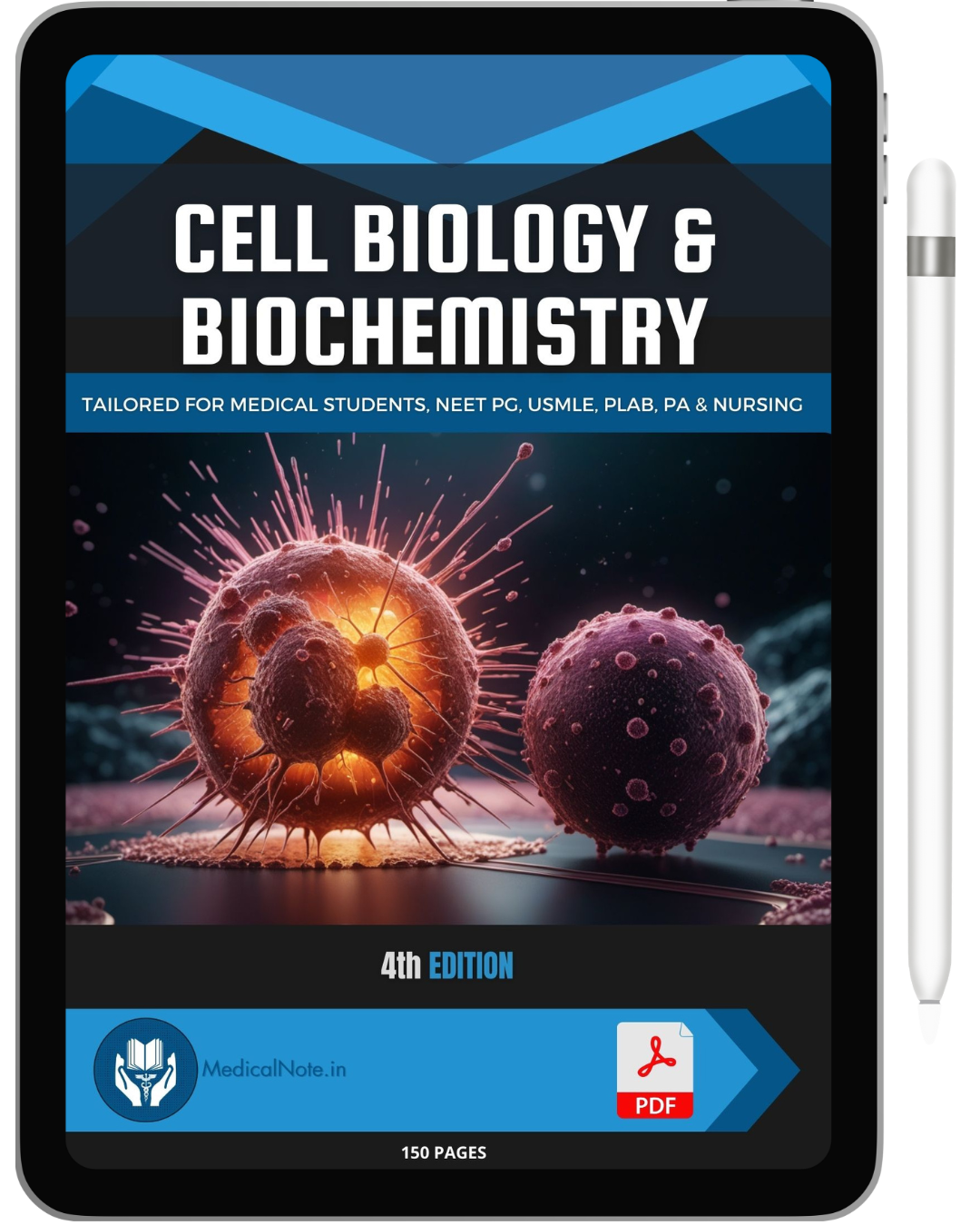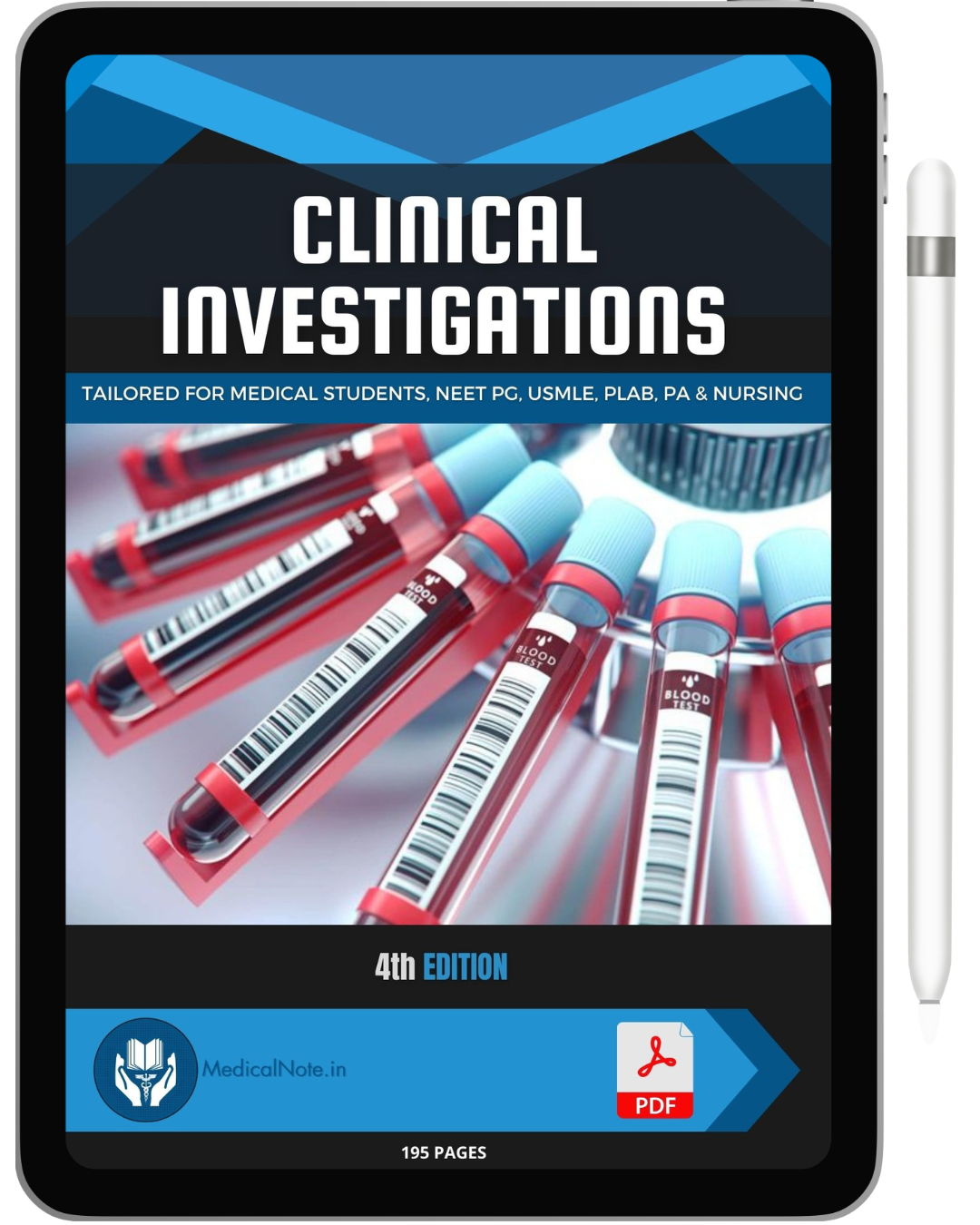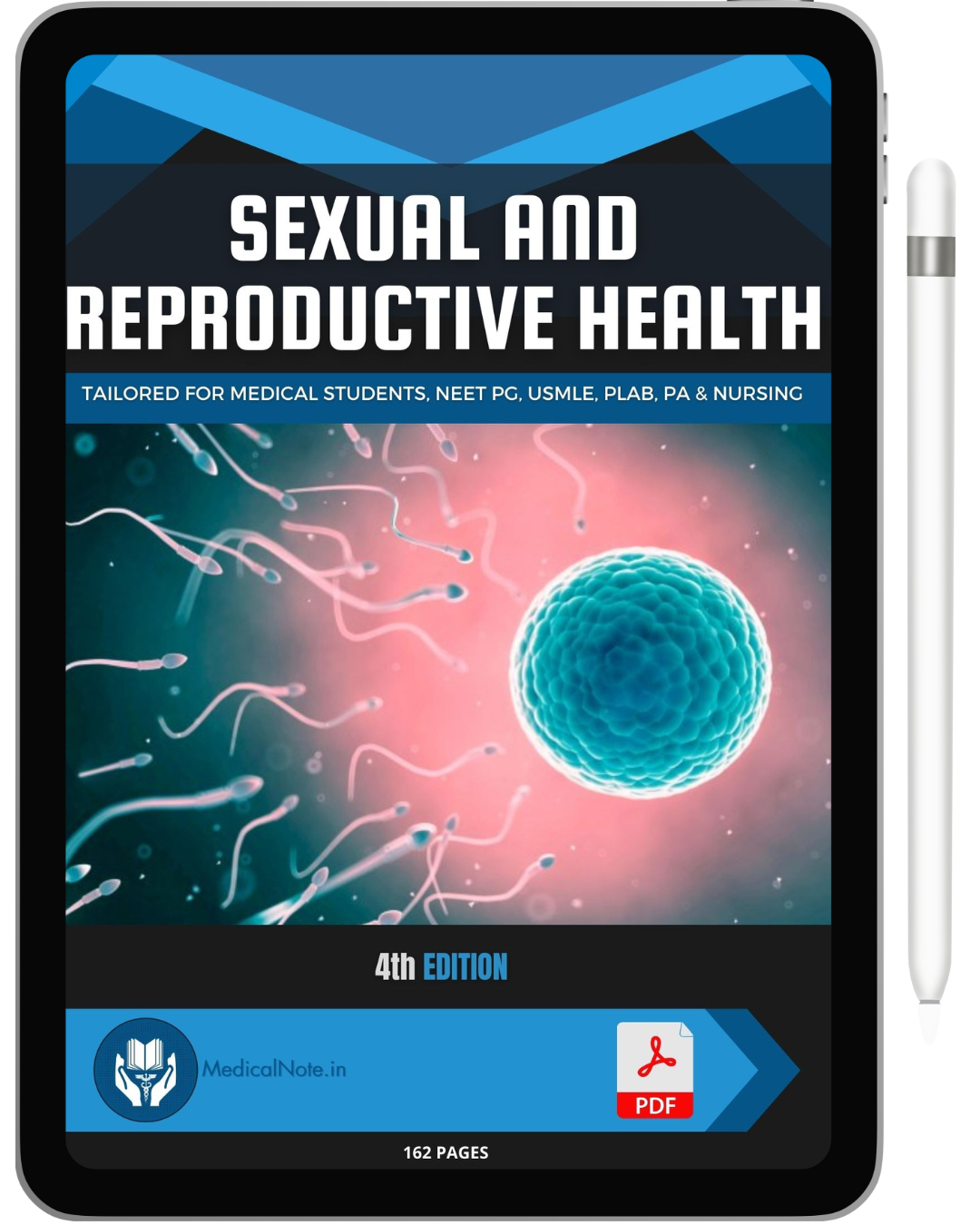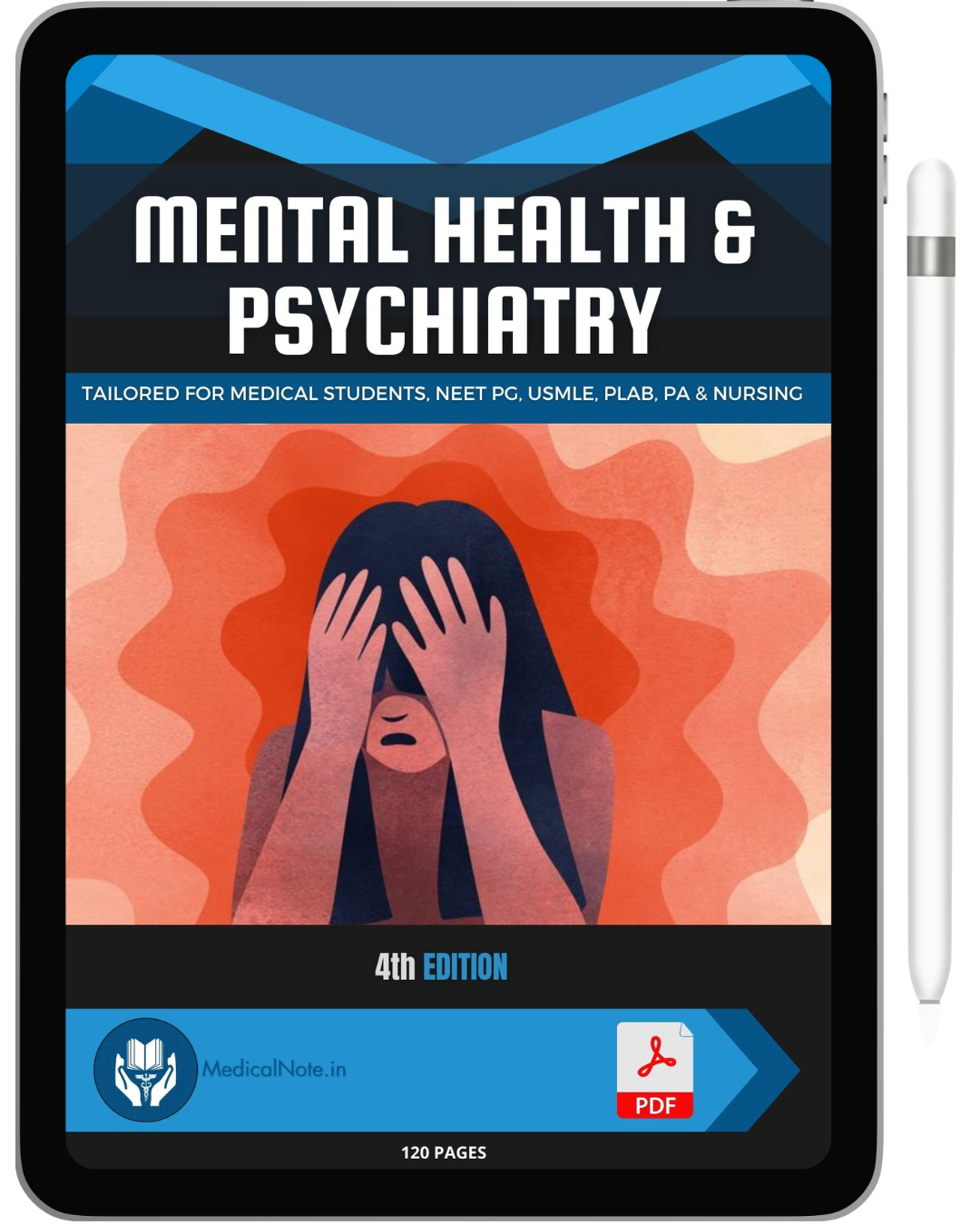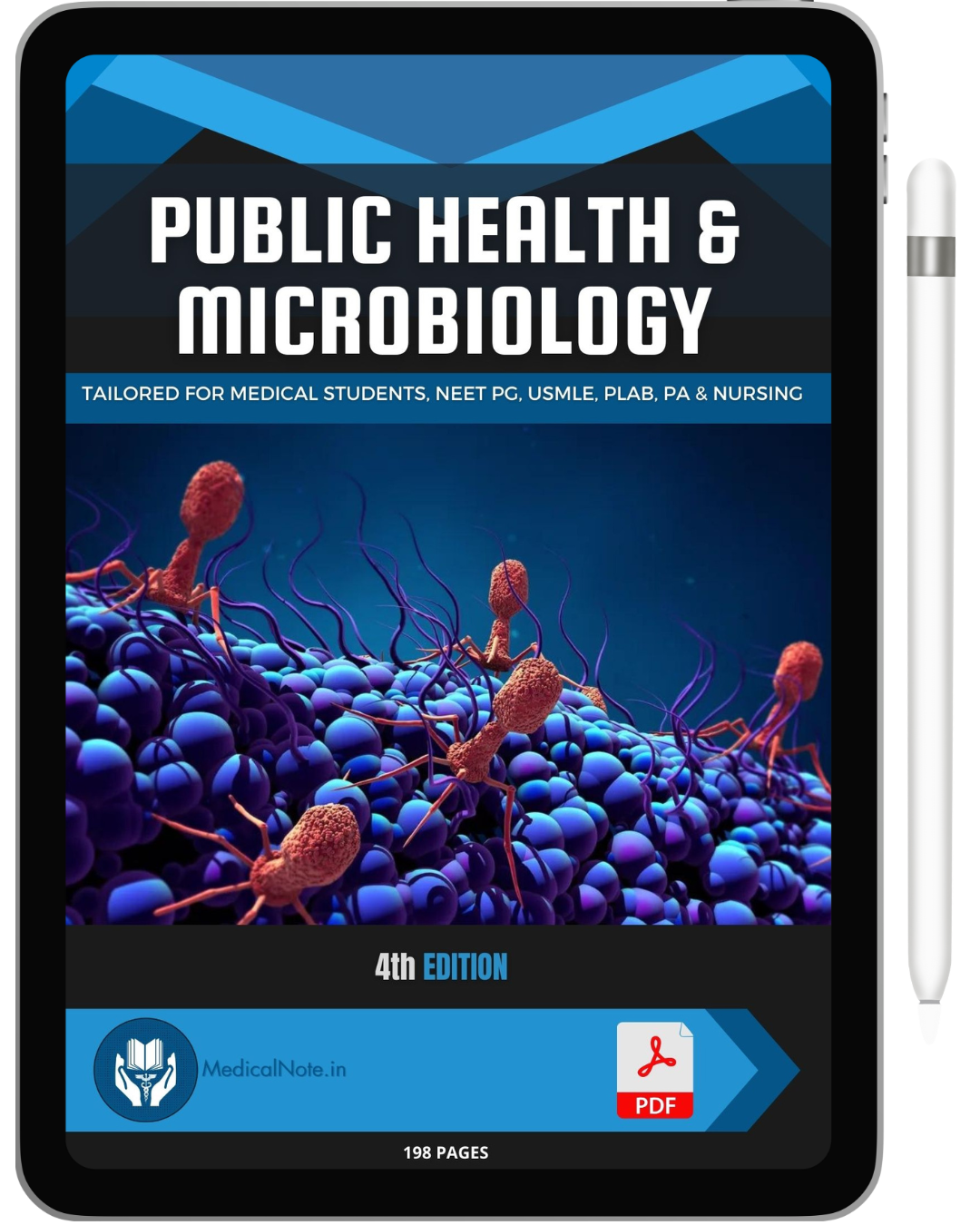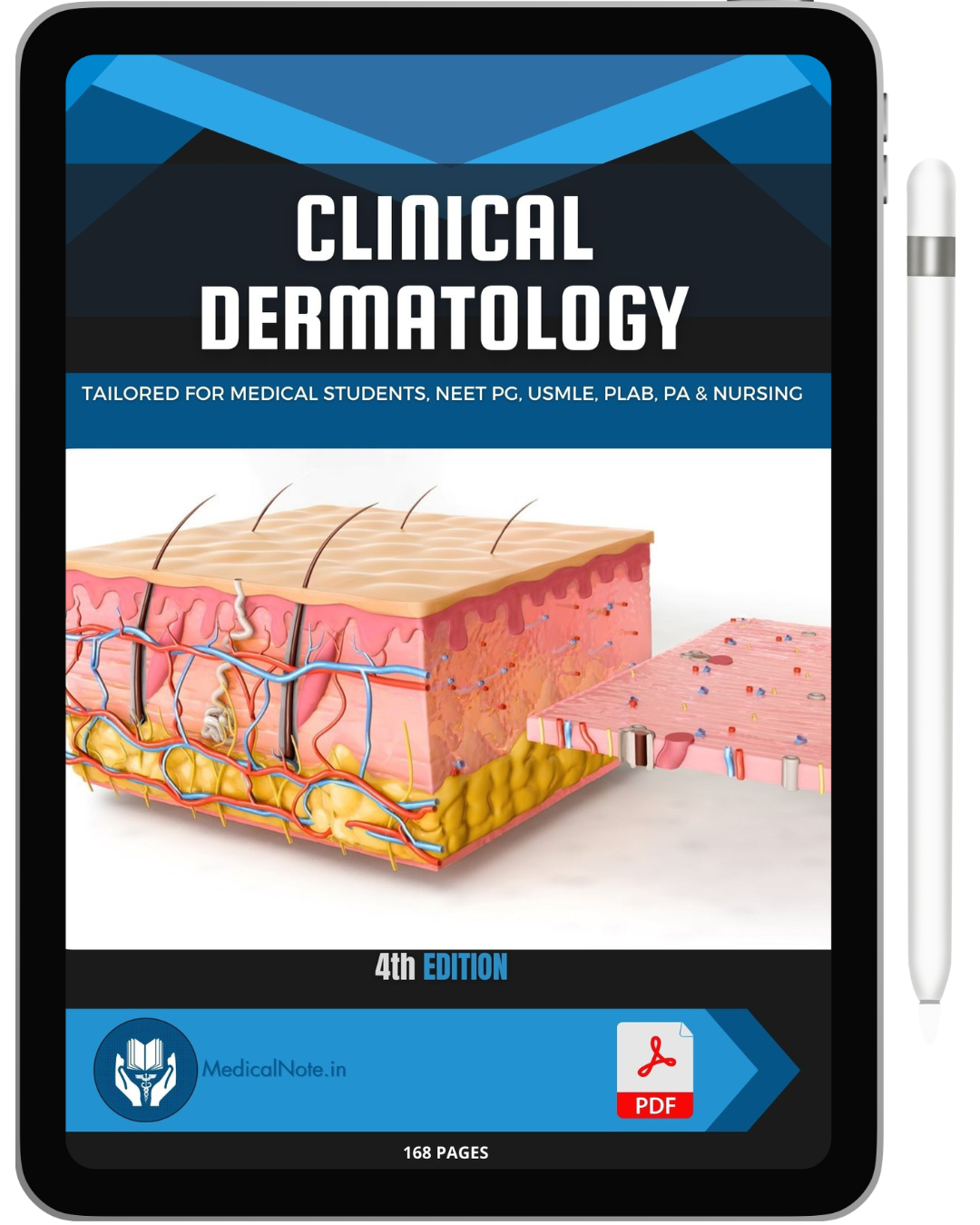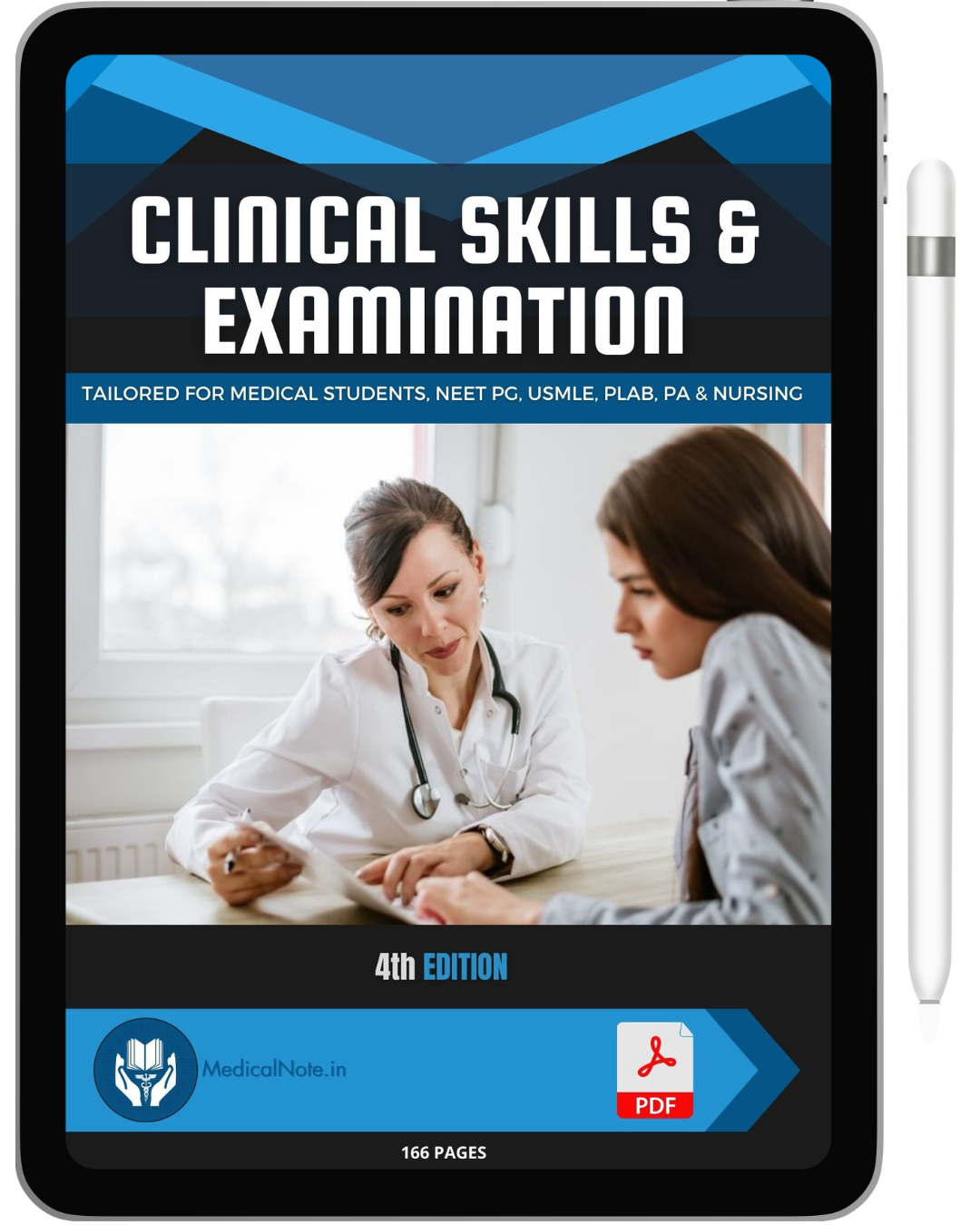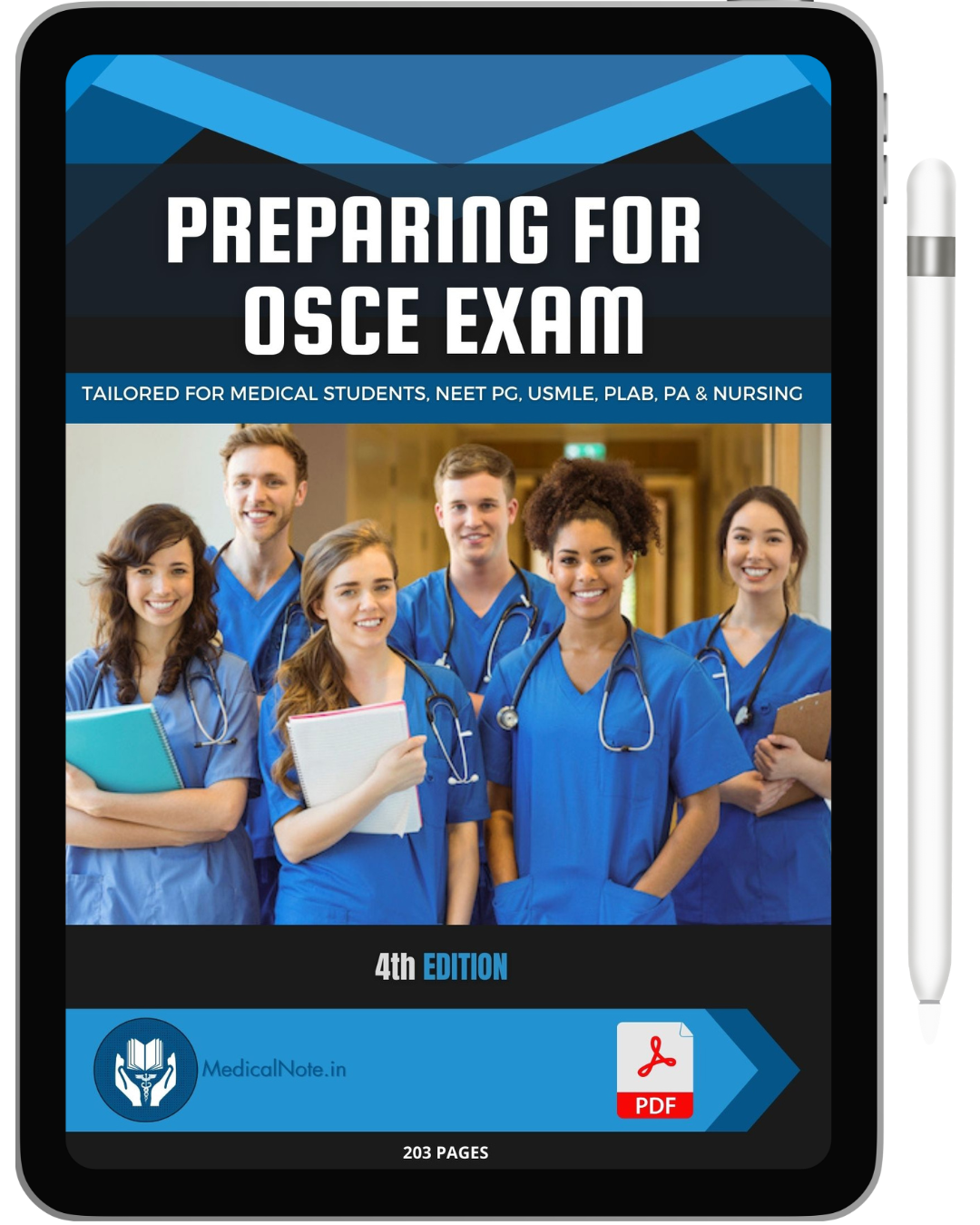Introduction
Cardiovascular emergencies such as heart attacks, arrhythmias, and shock require immediate attention to prevent fatal outcomes. This guide covers essential management strategies.
Common Cardiovascular Emergencies & Management
-
Shock
- Types: Hypovolemic, cardiogenic, distributive, and obstructive shock.
- Management: IV fluids, vasopressors, and treating underlying causes.
-
Acute Myocardial Infarction (Heart Attack)
- Symptoms: Chest pain, radiating pain to the left arm, sweating.
- Emergency Management: MONA (Morphine, Oxygen, Nitrates, Aspirin).
-
Arrhythmias & ECG Interpretation
- Common Arrhythmias: Atrial fibrillation, ventricular tachycardia.
- Immediate Treatment: Defibrillation, anti-arrhythmic medications.
-
Pulmonary Embolism & Deep Vein Thrombosis (DVT)
- Symptoms: Sudden shortness of breath, leg swelling.
- Treatment: Anticoagulants, thrombolysis in severe cases.
Conclusion
Cardiovascular emergencies require swift assessment and intervention. These medical notes are crucial for students preparing for emergency medicine exams.


